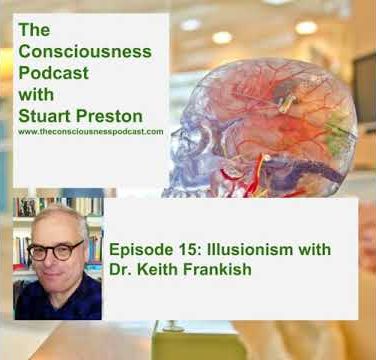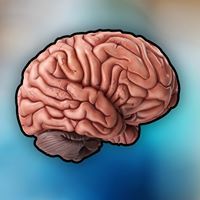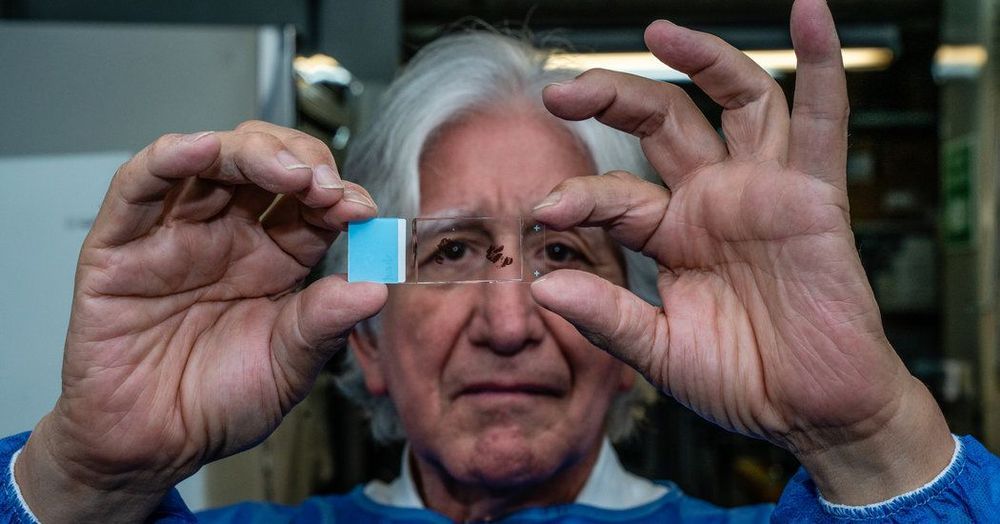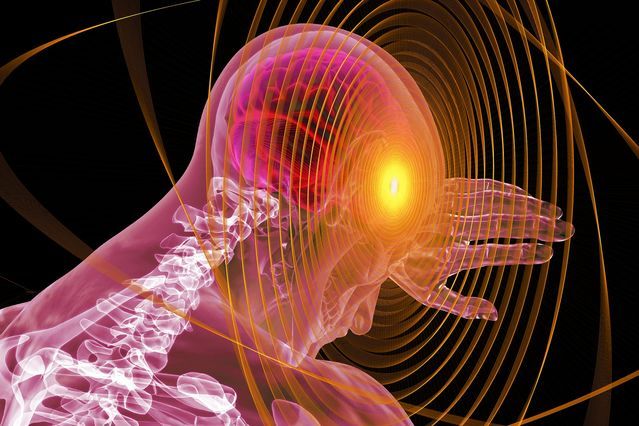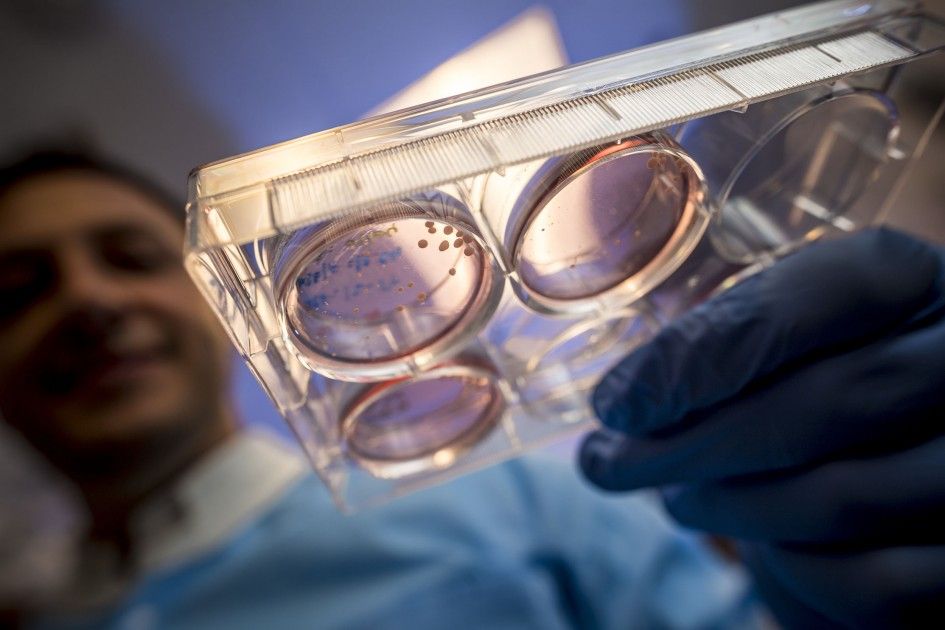This study involved 4,717 participants from two different community-based cohorts. A meta-analysis of both cohorts showed that elevated sCD14 was associated with a 12 percent increased risk of dementia as people got older. Higher levels of sCD14 were also associated with accelerated brain aging in both cohorts, a faster progression of age-related brain atrophy, and a more rapid decline of executive functions.
The authors sum up their findings: “sCD14 is an inflammatory marker related to brain atrophy, cognitive decline, and incident dementia.”
“Higher levels of sCD14 were associated with markers of brain aging and injury, such as total brain atrophy and a decline in executive functioning—the decision-making needed for many activities of daily life,” first author Matthew Pase, of the Florey Institute for Neuroscience and Mental Health in Melbourne, Australia, said in a news release.

